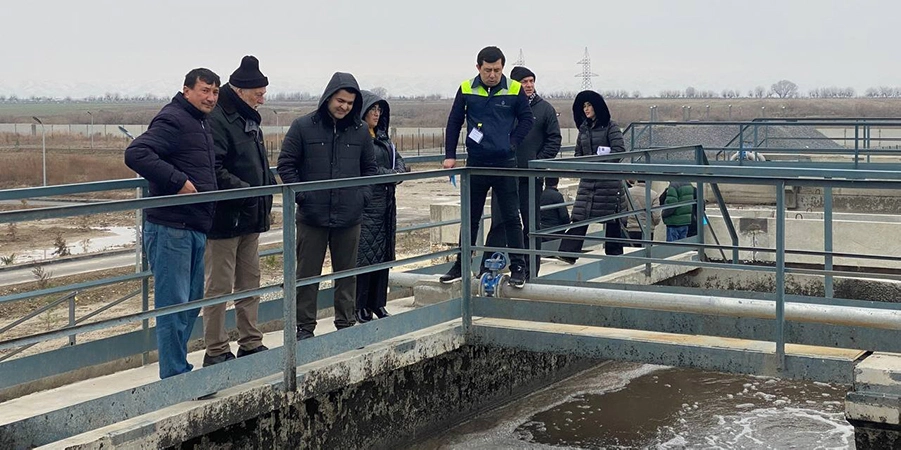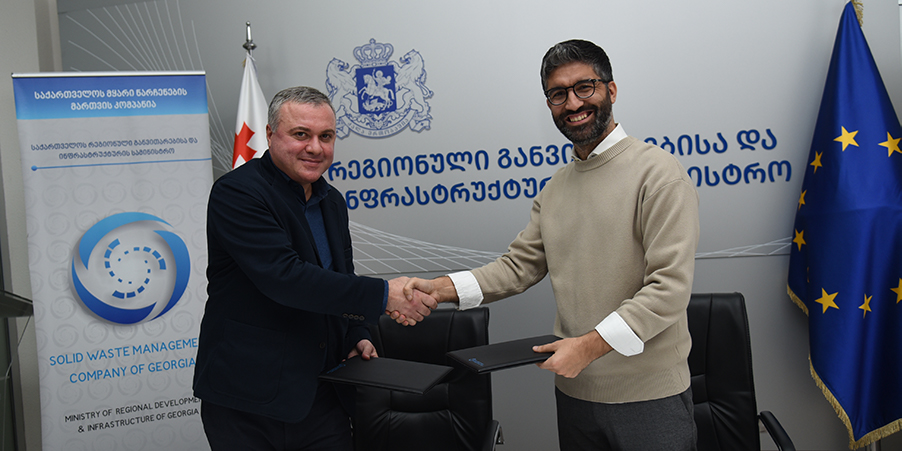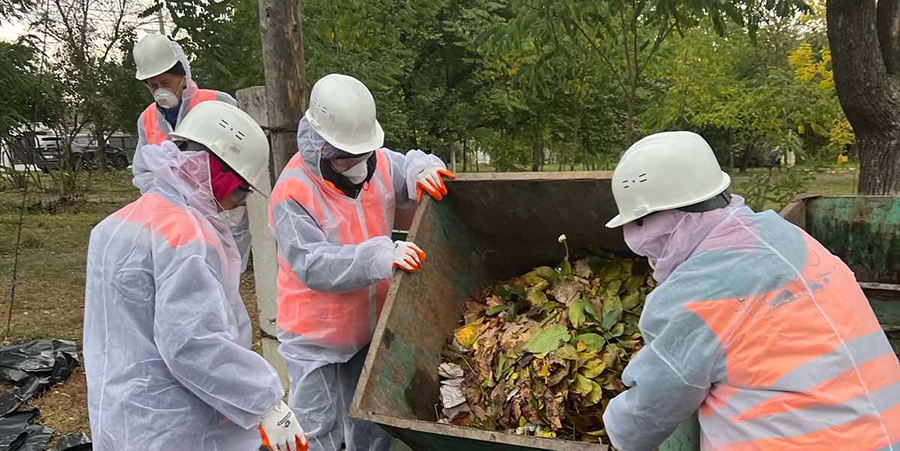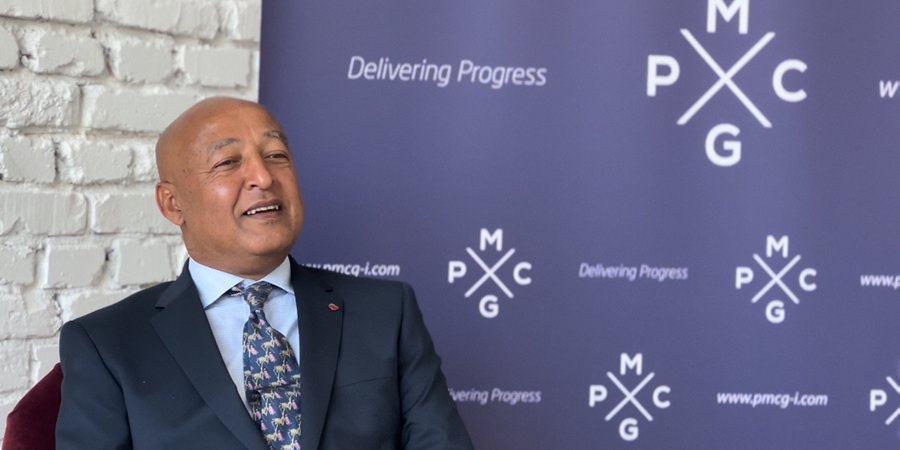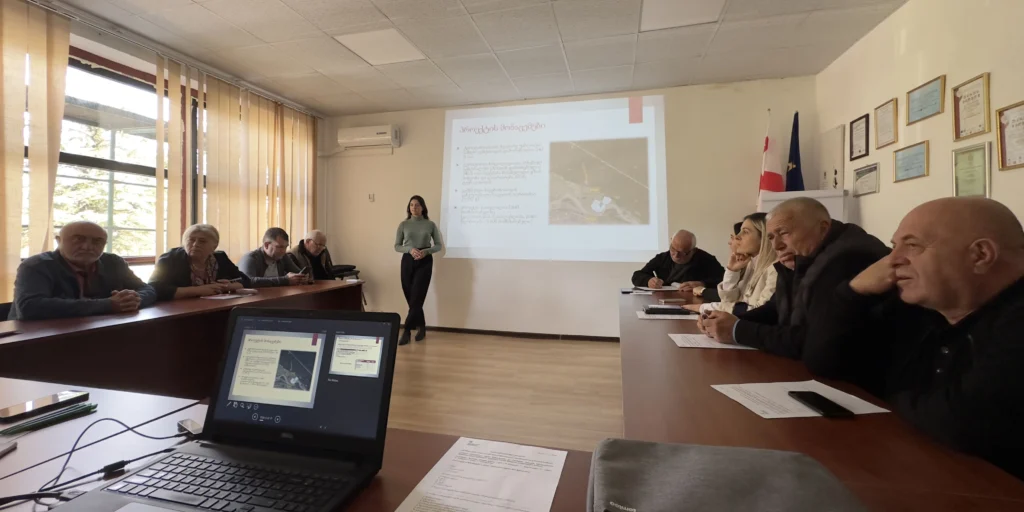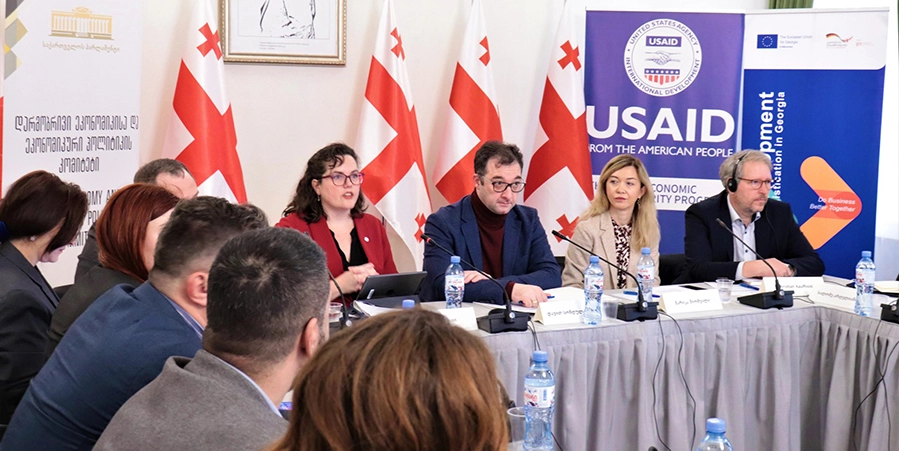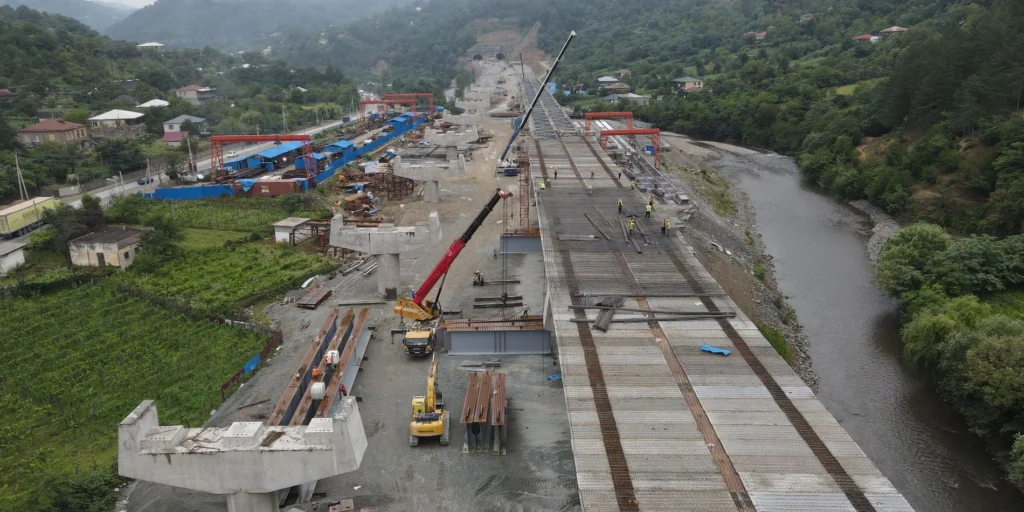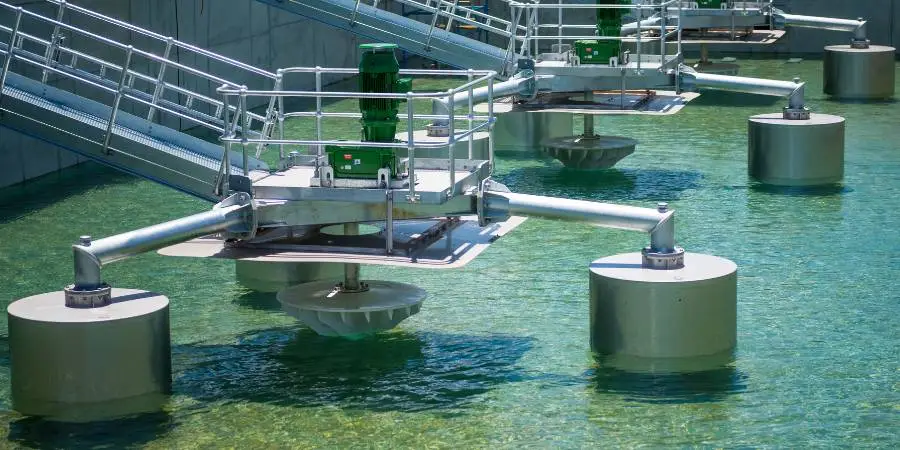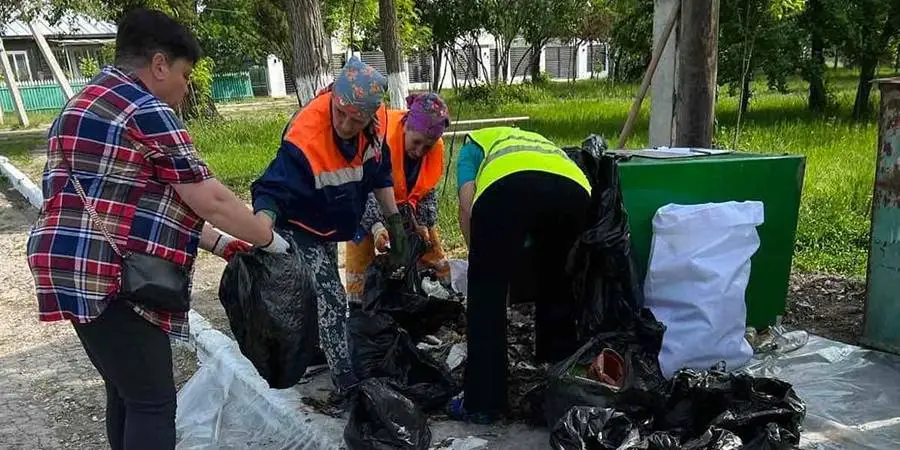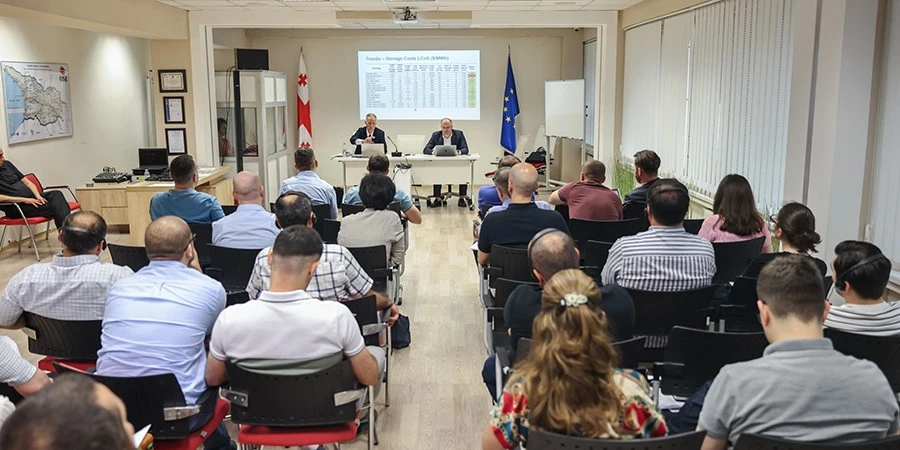Exploring the Green Economy’s Role in Sustainable Development
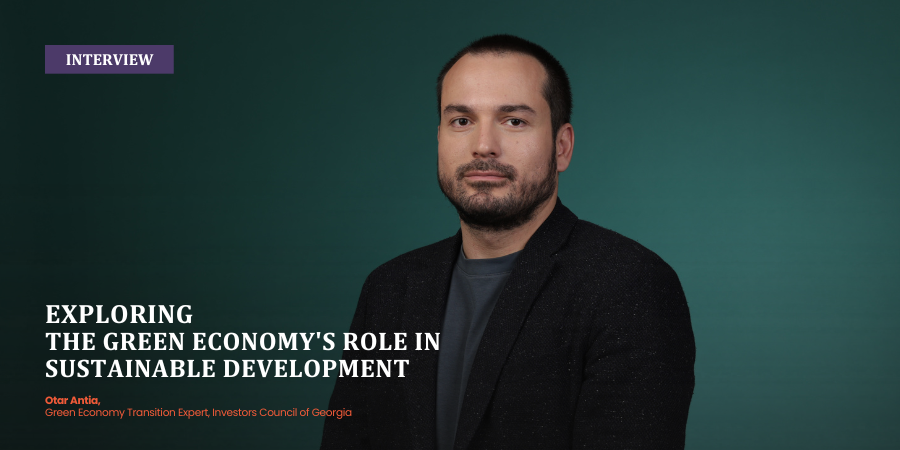

Green Economy Transition Expert at the Investors Council of Georgia, Otar Antia is a well-established, dynamic, and devoted professional who has achieved considerable success in managing large-scale projects. With over a decade of broad experience of working for government entities to boost the entrepreneurial ecosystem, green business opportunities, and green transportation, he has demonstrated a deep understanding of, and a strong commitment to, the green economy.
His academic credentials in this area are also formidable, having obtained an MSc degree in Carbon Finance from the University of Edinburgh in 2019.
Looking to explore the significance of the green economy today with regard to sustainable development and indeed society as a whole, we sat down to interview Otar in March 2024.
Q: How do you perceive the role of the green economy in fostering sustainable development and addressing environmental challenges?
In general, the green economy plays a crucial role when it comes to nurturing sustainable development and tackling environmental issues. Its principles are focused on combatting climate change and green economy solutions are both commercially viable and environmentally sound. Moreover, a green economy is one that advocates for the efficient use of resources, waste reduction, and minimizing negative impacts on the environment. It also supports the utilization of renewable energy sources, thus leading countries toward greater energy security, while ensuring the creation of green jobs, equity, and more social inclusion.
Q: What challenges do developing countries face in the transition to a green economy?
The biggest such challenges are the limited availability of relevant financing and the lack of access to finance for businesses. Specifically, there aren’t enough support schemes and incentives to stimulate businesses to adopt sustainable practices in developing nations. Apart from financial constraints, another significant problem is a lack of awareness about transitioning to a green economy or even sustainability as a whole.
It is thus crucial to dispel misconceptions among businesses who see the transition to a green economy as a burden, and instead convince them that this development marks a new and promising opportunity for growth.
Q: How do you think government policies and regulations can support this transition?
Governments have a vital role in steering their countries towards a green economy. In particular, key areas for government action include establishing climate-friendly laws and regulations, introducing Incentives for businesses, stimulating green infrastructure investments, and promoting cooperation on an international level.
Q: How can businesses and the private sector contribute to this process?
A successful transition to a green economy requires the engagement of multiple stakeholders. Of course, relying solely on public finance is insufficient to achieve ambitious environmental objectives. Instead, it is crucial to attract private capital, through implementing mechanisms that enhance investment prospects. Furthermore, the importance of the private sector in this process is widely acknowledged and encouraged across the globe.
Similarly, businesses are of central importance when it comes to driving innovation and investing in research and development to explore green technologies and sustainable business practices.
Moreover, the private sector as a whole can influence consumer behavior and drive demand for sustainable goods and services, thereby enhancing the process of market transformation. Last but not least, in my opinion, businesses can assume a tremendously impactful role in policy advocacy, ensuring the development of regulations that support sustainable development and incentivize green investments.
Q: What role does international cooperation play in advancing sustainability goals in the global economy?
Foremost concerns regarding the transition to greater sustainability and green practices are the shortage of public financial resources to attract private capital, coupled with a deficit in knowledge and experience. If a transition of this sort is to succeed, the need for active international cooperation is undeniable. OF note, it plays a significant role in mobilizing relevant financial resources for large-scale green projects, while also facilitating the exchange of knowledge, information, and best practices.
